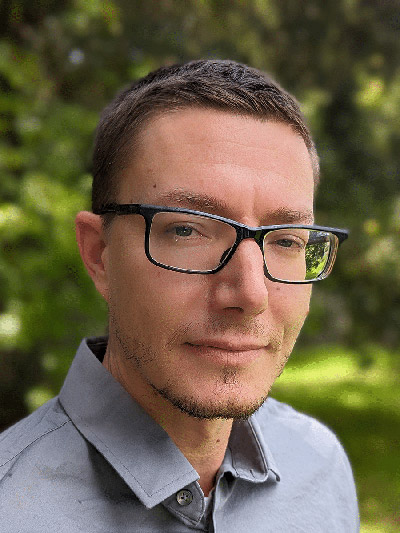
Adrian Michael Gritz
- Application Developer Analyst IV
Location
- Warrington College of Business
- Information Technology Support Programs
- Bryan Hall 225F
Adrian has spent 15+ years of his career studying and applying the science of behavior change, energy, antifragility, meaning, and flourishing. He is a behavior designer, tiny habits coach, flourishing coach, and creator.
The average cost for the top 6 academies in flourishing is 5,741. Adrian believes money should not be a barrier to flourishing. For this reason, he created The Fundamentals Academy, a low-cost membership. His academy empowers teachers, coaches, and others with 100’s of visual slides to teach the fundamentals of behavior change and flourishing.